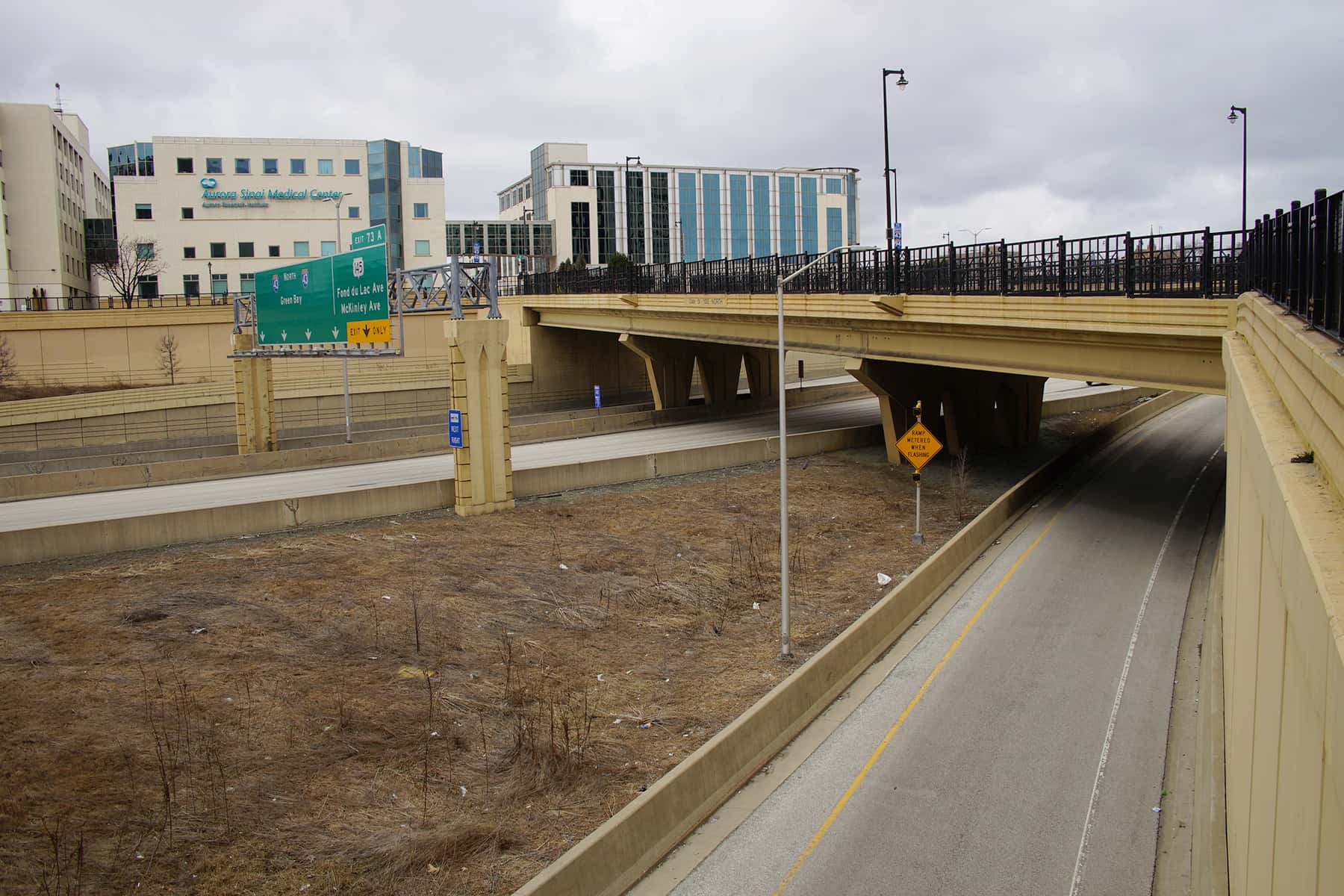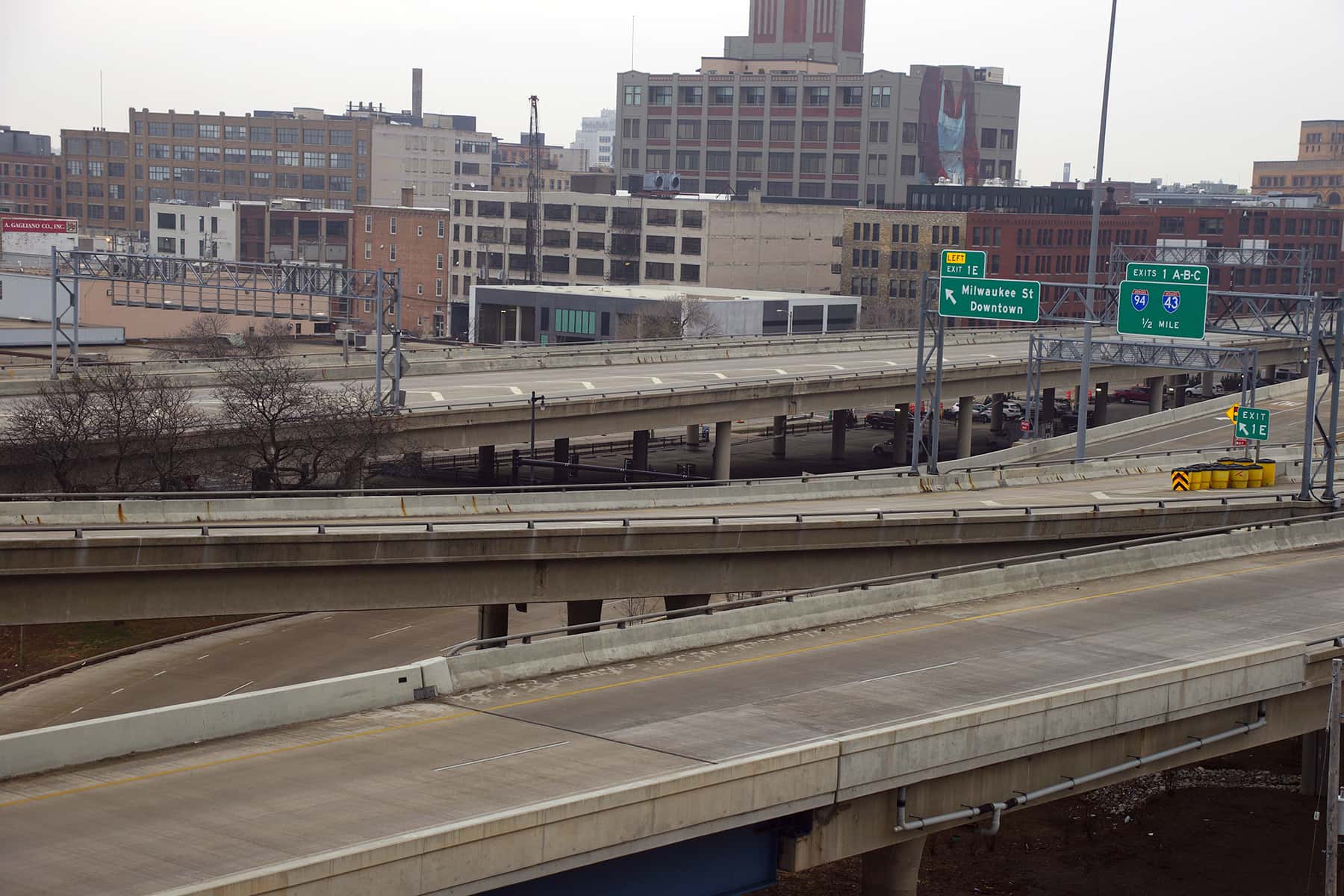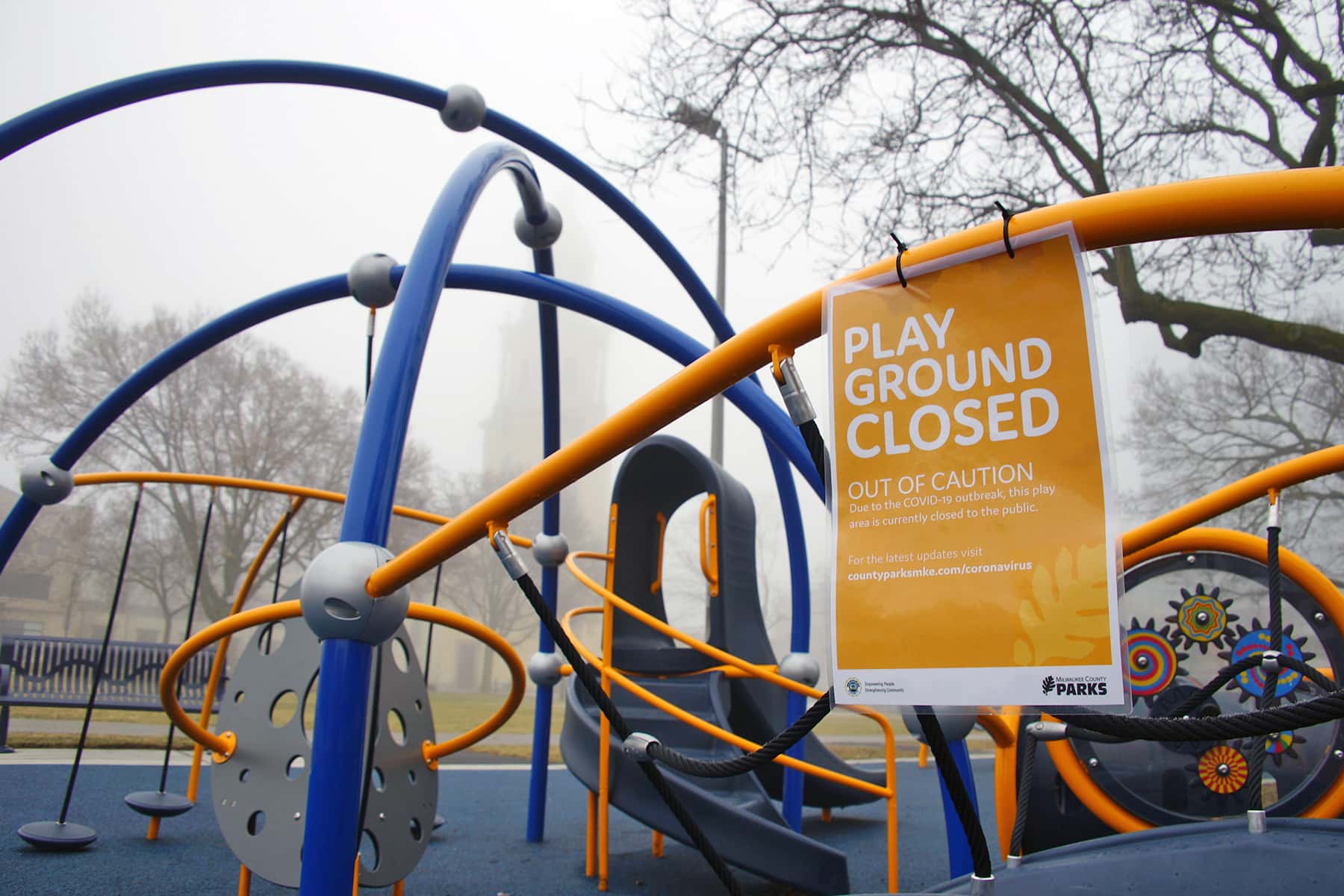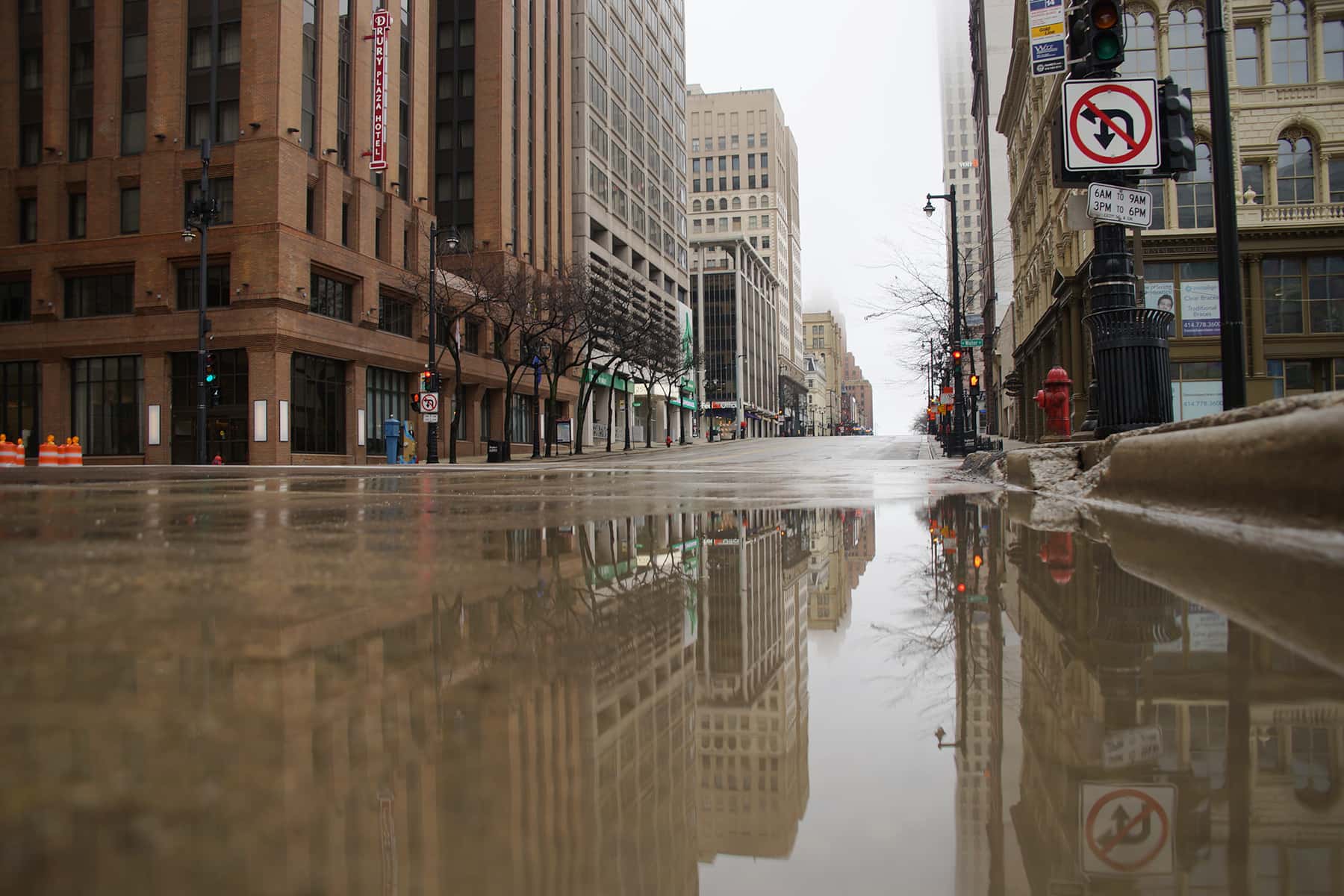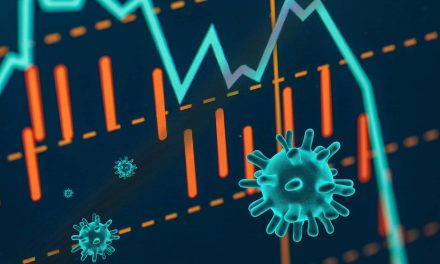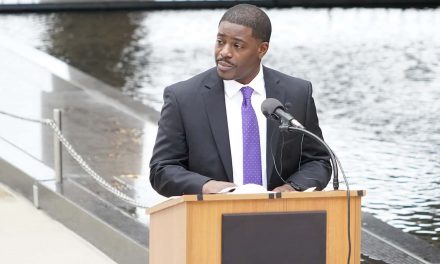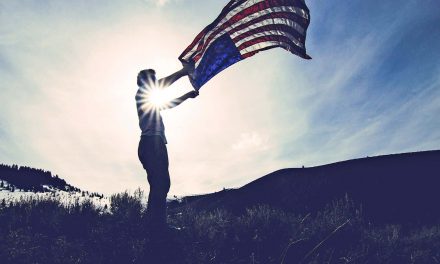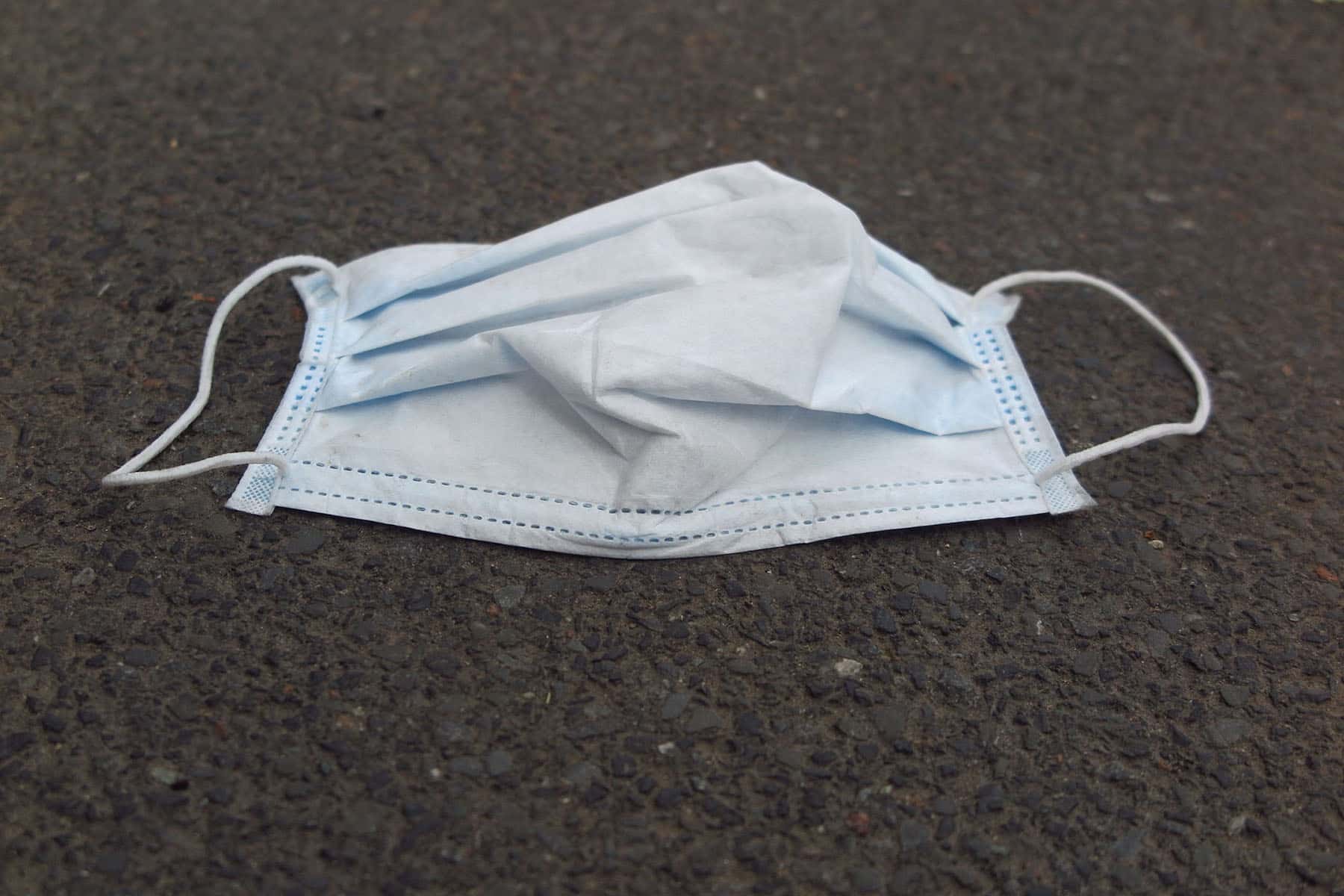
Ever since the restrictions and cancellations and changes in response to COVID-19 began a few weeks ago – back before we regularly used terms like social distancing, self-isolation, and flattening the curve, we’ve all been asking the same question: “When will things return to normal?”
They won’t. Returning to normal, would involve some precise dividing line by which we could cleanly delineate the end of this event and the beginning of something else coming. It would also suggest that if there were such a line, that we could cross it unencumbered without carrying those days with us. That of course is an impossibility.
We can’t ever leave anything we experience fully behind, can we?
We’re all walking around with the emotional souvenirs of every day we’ve lived here: Our experiences all renovate us and reshape us. We absorb and internalize everything we walk through. It all gets stored up in our minds and our bodies. You are the sum total of the blessings and the bruises of this life. You’re collecting both as we speak.
So today you might want to ask yourself: How are these days renovating me? What new thoughts am I thinking? What old wounds and fears are resurfacing? How am I different than I was a few weeks ago?
Yes, hopefully soon, the spread of the virus will slow and we’ll see some of the recognizable rhythms of our life return (going to work, to school, or to sporting events—or being able to find toilet paper without selling an organ on the dark web)—but none of those familiar activities will go unchanged.
For months we’ll be contending with social distancing, we’ll likely be wearing masks when we’re shopping and working, and large public events will include all kinds of safety protocols we’ve never had to contend with.
We’ll probably approach air travel and general public spaces very differently, being wary or at least more conscious of other people around us. If we’re responsible human beings, we’ll all have to change our social patterns and use caution and restrain ourselves until vaccines are available.
Many of us will have to find new jobs or alter our spending habits or make adjustments in our lifestyles. We’ll need to reschedule events and plans that were interrupted and gain professional momentum that we’ve lost. And we’ll have to do all this—while heading quickly into the most important election in our lifetimes, with all the upheaval and turbulence that will bring. Maybe normal is a lot to expect.
I was on a video chat with a group of friends last week, and one of them said, “I don’t think we’re prepared for the PTSD counseling we’re all going to need after this is all over”— and she’s right. For a long time we’re going to be unpacking the fear and the grief of this season, from the relational collateral damage of being in close quarters with people or from being separated from them, from the time we’ve lost with those we love, from the anger and resentment we’ve accrued seeing people around us downplay the tragedy or enable it with carelessness, from the widened political fractures.
So, I’m not sure normal (or the way things were) is a possibility.
Instead of worrying about rewinding back to who you used to be before all of this, consider who you’re becoming: What are you learning about what matters to you? What are you finding out about yourself? How are your relationships changing? What news skills have you acquired? What old loves have you returned to you? How are you more aware or appreciative or compassionate because of this? How are you more fearful or anxious or impatient?
Because the truth is, we don’t have normal, we only have the present. Yesterday, my ten-year old had one of those aha moments children get so frequently, that she wanted to share with me.
“Daddy,” she said excitedly, “did you know that the the second you say, ‘Now,’ it’s in the past? Now—now—now!” See—that’s already all gone!”
“Yes” I said. “Now is a really difficult place to stay.”
We can’t really pinpoint when this nightmare season began, because it didn’t happen in an instant for us. There were a series of cascading waves of news stories and anecdotal information and announced restrictions, mixed with decisive moments of layoffs or high profile deaths or major cancellations. It all encroached on us steadily but slowly—which is why it isn’t going to simply end suddenly. There is no sharp dividing line between this horrible time and a less horrible coming season. There are just a series realizations and realities and connected moments within this day in which we get to choose.
You’ve been changed by these days and you can’t unchange yourself. People you know are different and they’re not going back to who they were. Families have been altered and they’re never going to be the same. Our communities have been renovated and they can’t be restored to their former condition. Our nation has been irreparably damaged and a full repair isn’t possible.
Even when we begin to feel something resembling normal—another threat or challenge will come to interrupt our plans and comfort and security and routine—and we’ll have that series of presents to choose within.
So while we’re not going to be the same—we can be better. We can come through this with a different appreciation for the people we love. We can find gratitude for the simple joys we’d forgotten were so readily available to us. We can have a greater compassion for the pain of the people around us. We can aspire to live more intentionally, given that we recognize how fragile life is.
I’m not sure normal is an option, but if we do this right, we’ll embrace the new abnormal together. Be present in today — it’s all you have.
John Pavlovitz
Tim Dennell and Lee Matz
The original version of this Op Ed was published on johnpavlovitz.com
John Pavlovitz launched an online ministry to help connect people who want community, encouragement, and to grow spiritually. Individuals who want to support his work can sponsor his mission on Patreon, and help the very real pastoral missionary expand its impact in the world.

